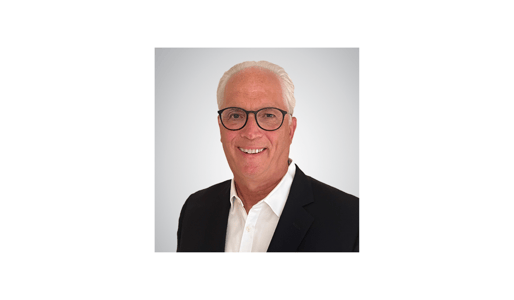September 21, 2023

You are about to leave Risk Strategies website and view the content of an external website.
You are leaving risk-strategies.com
By accessing this link, you will be leaving Risk Strategies website and entering a website hosted by another party. Please be advised that you will no longer be subject to, or under the protection of, the privacy and security policies of Risk Strategies website. We encourage you to read and evaluate the privacy and security policies of the site you are entering, which may be different than those of Risk Strategies.

I did not build an insurance agency to sell it. I did not even intend to get into the business.
In 1984 my father’s northern New Jersey insurance agency was looking to bring on a new salesperson. At the time I was working on commission at a company in Lower Manhattan selling graphic arts equipment to large companies. It was not my dream job, but a foot in the door into marketing and advertising that came with two weeks of intensive sales training.
The company was publicly traded but operated like a family-owned business. Ultimately, I decided to work for an actual family-owned business – my dad’s – combined with the sales and marketing techniques I learned could be a great opportunity.
After joining my father’s agency and learning the basics of insurance and his business – mostly personal lines with some small commercial - he suggested I build out a new niche. Having worked briefly in a hospital as an orderly and respiratory technician, where I met my wife, a nurse, I went with selling professional liability coverage to nurses. A specialty carrier later suggested targeting medical malpractice for dentists and I soon developed a solid book of dental business.
As my professional liability experience grew, I moved further into healthcare - writing physicians and surgeons, adding carriers, and expanding to other states. I then began writing about other types of healthcare risks, as well as other types of professional liability, like lawyers and accountants. This success began re-balancing our client mix from largely personal lines to mostly professional liability and commercial.
As my father stepped back from managing the agency in the 1990s, I added new sales personnel, carriers, and product lines - further cementing the business re-balancing. Introducing technology and some outsourcing drove sales and solid growth. Our healthcare client base kept things stable during economic downturns. The business was where I wanted it, but I had no plan for its future – and people were beginning to ask.
Carriers were pressing about my succession plans. My family were clear they did not want to see me die at my desk, but my children had solid careers and no interest in agency ownership. I had extremely smart and capable people working for me but given our size, the prospect of financing an equity buyout was daunting.
Active in regional professional associations, pre-pandemic I connected with industry friends who had sold. They explained the process: pricing and multiples, taking stock and earnouts, and such. I even spoke with a few consultants before deciding not to move forward.
The COVID-19 pandemic shifted my focus to keeping my people and business safe. Once it ended, however, the calls for a perpetuation plan returned. So, I re-started conversations with a couple of consultants who came recommended from people I trusted.
The consultant we chose, Sica Fletcher, lined up nine companies for interviews. He expressed some surprise when Risk Strategies expressed interest, urging me to take a close look if they came back with an offer – which they did.
Being in sales, I am fairly good at analyzing relative value. Risk Strategies’ offer was one of seven we received and was not the highest or lowest. What really stood out was their having not only the best exit plan for myself but the best future for my employees.
My mom worked, so I was brought up with a lot of respect for working women. While insurance is largely a male-owned business, most of the people I have employed over the years have been women and a good many of them have been single parents. I have always tried to create a positive working environment that was supportive of their needs, as best as I could understand them. I wanted to know if an acquiring firm had that same mindset and approach.
Unlike others I spoke with, the Risk Strategies team was interested in our people, their skill sets, and personal stories. I was also impressed that the Risk team members I talked to were from prior acquisitions, often migrating from other types of jobs. They had flexible work arrangements and spoke of each other as colleagues. The environment seemed congenial and collaborative.
What I saw and heard gave me great confidence that the business and people I cared about would be as well taken care of in the deal as I would be. All totaled, the value of the Risk Strategies offer went well beyond the price. It is called the Risk Strategies Family, for a reason.
The contents of this article are for general informational purposes only and Risk Strategies Company makes no representation or warranty of any kind, express or implied, regarding the accuracy or completeness of any information contained herein. Any recommendations contained herein are intended to provide insight based on currently available information for consideration and should be vetted against applicable legal and business needs before application to a specific client.